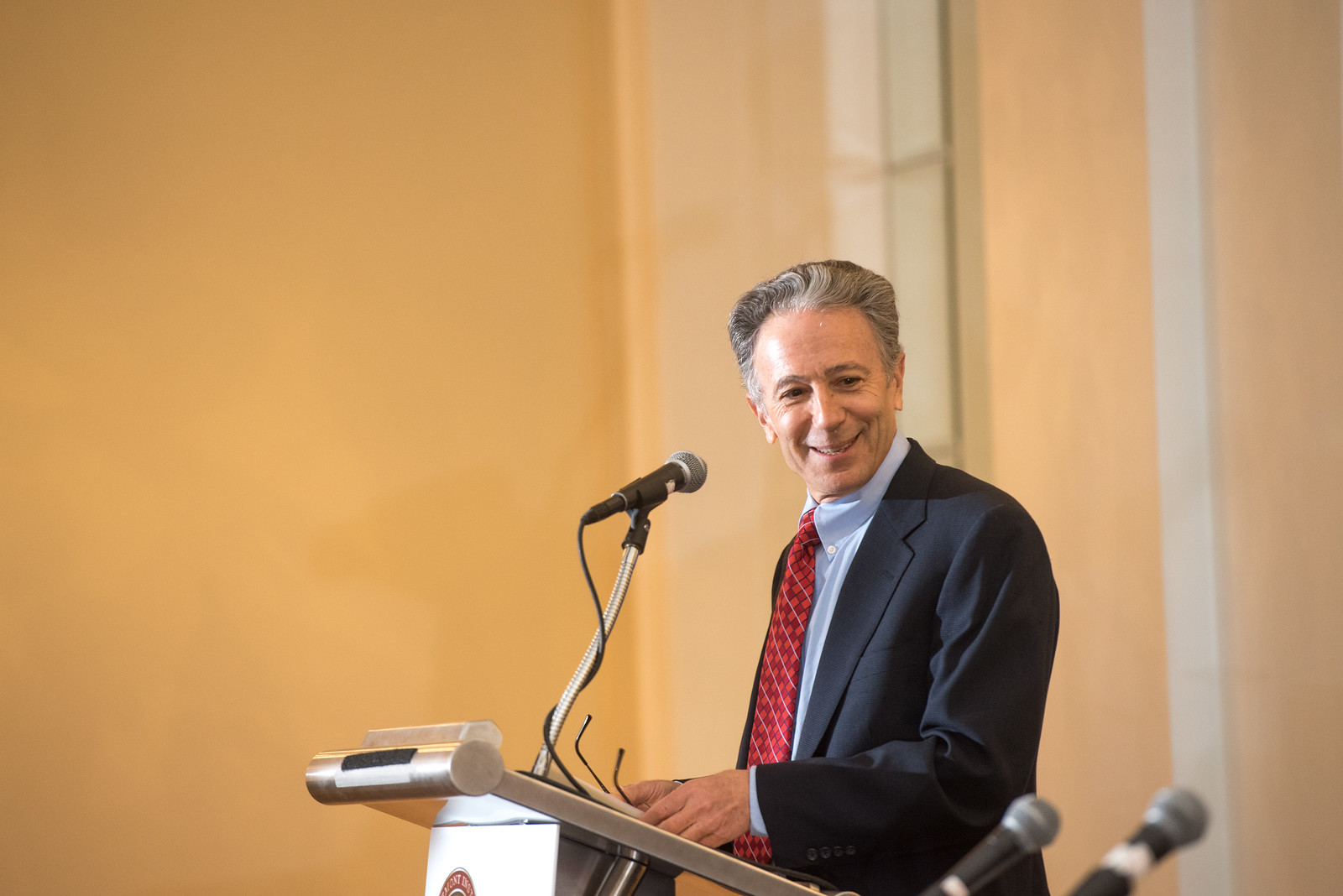Conservatism in the Trump Era
Thursday, March 16
4:00 PM – 7:15 PM (Reception to Follow)
The Mayflower Hotel, Palm Court Ballroom
1127 Connecticut Ave NW, Washington, DC 20036
Recovering American Conservatism Panel
Panelists:
- Charles Kesler, Senior Fellow, Claremont Institute; Editor, Claremont Review of Books; Dengler-Dykema Distinguished Professor of Government, Claremont McKenna College
- Michael Uhlmann, Senior Fellow, Claremont Institute; Professor of Political Science, Claremont Graduate University
- Mark Bauerlein, Senior Editor, First Things; Professor of English, Emory University
- Chrisopher Caldwell, Senior Editor, Weekly Standard
- Michael Pack (moderator), President and CEO, Claremont Institute; Publisher, Claremont Review of Books
Charles Kesler recently argued in the CRB that Republican leaders’ “failure to take seriously the Tea Party’s warning that corruption had eaten deeply into constitutional foundations, and that government was slipping beyond the control of the governed, left conservatives and Republicans searching, as usual, for a purpose.” Kesler notes that Donald Trump “helped to expose some of the problems latent in the current conservative movement and its agenda—without necessarily solving any of them.” The election of Donald Trump—and the defeat of more conventional conservatives in the presidential primary—raise serious long-term questions about future of American conservatism.
While many conservatives are applauding Mr. Trump’s Cabinet picks as “the most conservative since Reagan,” others question the fate of conservative ideas such as free markets, limited government, federalism, and the rule of law under his administration. Only time will tell whether November 8 was a victory for conservatism’s long-term prospects. This distinguished panel will take up the most pressing questions about the viability of conservative ideas in today’s political climate.
American Statecraft Panel
Panelists:
- Angelo Codevilla, Senior Fellow, Claremont Institute; Professor Emeritus, Boston University
- David Goldman, President, Macrostrategy LLC; Author, “Spengler” column, Asia Times and “Spengler” blog, PJ Media
- Mark Helprin, American Novelist, Journalist, and Conservative Commentator; Senior Fellow, Claremont Institute
- Walter Russell Mead, Distinguished Fellow, Hudson Institute; James Clarke Chase Professor of Foreign Affairs and Humanities, Bard College; Editor-At-Large, American Interest
- Rebeccah Heinrichs (moderator), Fellow, Hudson Institute
Plato’s Republic suggests that the foreign policy of a sensible nation is never devoted to the good of other nations, unless the good of another nation directly promotes the existence of one’s own. In a variation on the same theme, Leo Strauss argues in What Is Political Philosophy that the ancients understood foreign policy to be primarily concerned with “the survival and independence of one’s political community.” For that reason, “the ultimate aim of foreign policy is not essentially controversial. Hence classical political philosophy is not guided by questions concerning the external relations of the political community.”
Yet modern debates over the proper ends of foreign policy continue to divide conservatives: should our guiding aim be national self-interest, promotion of just regimes in foreign lands, or some other end altogether? With a new Commander-in-Chief now in office, our panel will examine the ends and means of American foreign policy.


